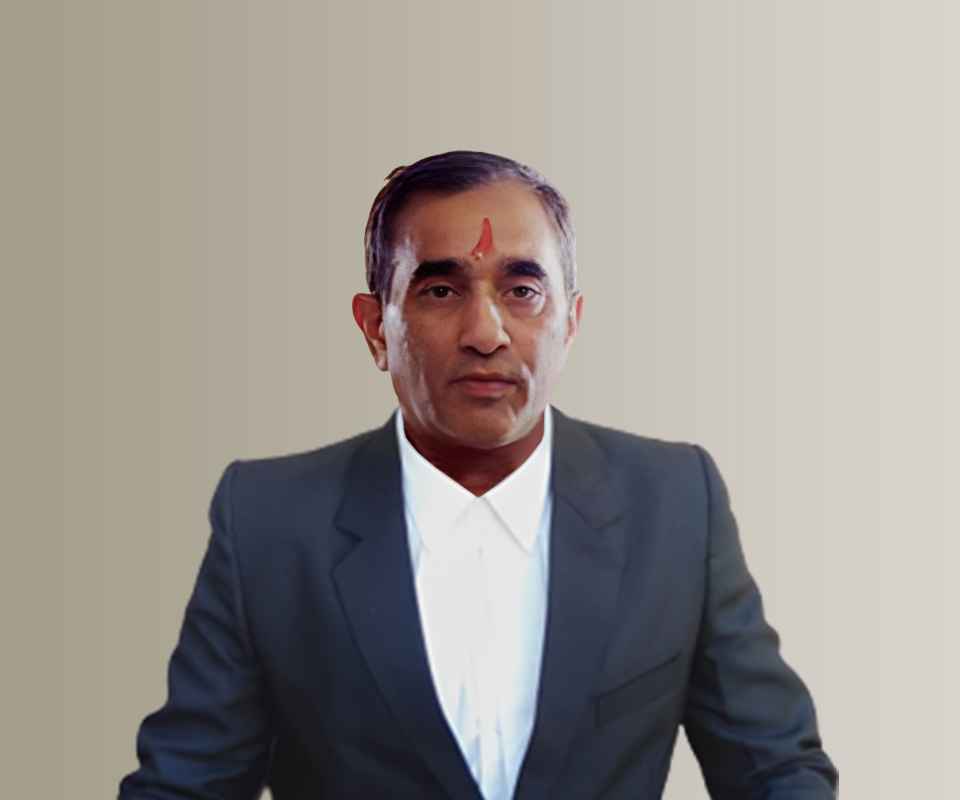Answer By law4u team
In India, human rights issues are a significant concern, and various aspects of human rights violations and challenges are encountered. Here are some key human rights issues in India: Freedom of Expression: While India has a vibrant democracy and a free press, concerns have been raised about restrictions on freedom of expression, including cases of censorship, harassment of journalists, and the use of sedition laws. Religious and Communal Violence: India has witnessed instances of religious and communal violence, leading to casualties, displacement, and property damage. Tensions between religious and ethnic communities have been a recurring issue. Caste-Based Discrimination: The caste system continues to influence Indian society, leading to discrimination and violence against Dalits (formerly known as "Untouchables") and other marginalized communities. Gender-Based Violence: India faces challenges related to gender-based violence, including sexual harassment, domestic violence, child marriage, and female infanticide. Women's safety and gender equality remain major concerns. Child Labor: Despite legal prohibitions, child labor persists in various industries, often subjecting children to hazardous and exploitative conditions. Human Trafficking: India is a source, transit, and destination country for human trafficking. Victims, including women and children, are often trafficked for forced labor, sexual exploitation, and domestic servitude. Access to Healthcare: Access to healthcare and quality healthcare services remains a challenge for many marginalized populations in India, particularly in rural areas. Right to Education: Although the Right to Education Act was enacted to ensure free and compulsory education for all children, issues like inadequate infrastructure, teacher shortages, and drop-out rates persist. LGBTQ+ Rights: The legal recognition of LGBTQ+ rights remains a complex issue. While some progress has been made, discrimination and societal stigma persist. Environmental Rights: Environmental degradation, air pollution, and water pollution in various regions of India have raised concerns about environmental rights and the impact on public health. Freedom of Assembly and Association: There have been concerns about restrictions on the right to peaceful assembly and association, particularly in certain regions facing political unrest. Conflict Areas: Conflict and insurgency in regions like Jammu and Kashmir and some northeastern states have led to human rights concerns, including allegations of security forces' excesses. India has a robust legal framework for human rights protection, including the Indian Constitution and various laws and regulations. The National Human Rights Commission (NHRC) is the statutory body responsible for addressing human rights violations in the country. Additionally, civil society organizations and human rights activists play a crucial role in advocating for human rights and holding authorities accountable. Efforts to address these human rights challenges in India often involve legal action, policy advocacy, public awareness campaigns, and international scrutiny through various human rights mechanisms. The government, civil society, and concerned citizens continue to work together to improve the human rights situation in the country.









